Related Research Articles
The history of science and technology (HST) is a field of history that examines the understanding of the natural world (science) and the ability to manipulate it (technology) at different points in time. This academic discipline also studies the cultural, economic, and political impacts of and contexts for scientific practices.

Science is a systematic enterprise that builds and organizes knowledge in the form of testable explanations and predictions about the universe.

The American Association for the Advancement of Science (AAAS) is an American international non-profit organization with the stated goals of promoting cooperation among scientists, defending scientific freedom, encouraging scientific responsibility, and supporting scientific education and science outreach for the betterment of all humanity. It is the world's largest general scientific society, with over 120,000 members, and is the publisher of the well-known scientific journal Science.
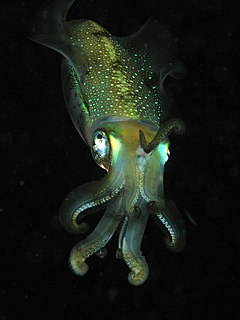
Malacology is the branch of invertebrate zoology that deals with the study of the Mollusca, the second-largest phylum of animals in terms of described species after the arthropods. Mollusks include snails and slugs, clams, and cephalopods, along with numerous other kinds, many of which have shells. One division of malacology, conchology, is devoted to the study of mollusk shells. Malacology derives from Ancient Greek μαλακός (malakós) 'soft', and -λογία (-logía).

The Copley Medal is an award given by the Royal Society, for "outstanding achievements in research in any branch of science". It alternates between the physical sciences or mathematics and the biological sciences. Given every year, the medal is the oldest Royal Society medal awarded and the oldest surviving scientific award in the world, having first been given in 1731 to Stephen Gray, for "his new Electrical Experiments: – as an encouragement to him for the readiness he has always shown in obliging the Society with his discoveries and improvements in this part of Natural Knowledge".
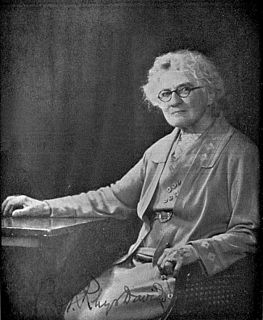
Caroline Augusta Foley Rhys Davids (1857–1942) was a British writer and translator. She made a contribution to economics before becoming widely known as an editor, translator, and interpreter of Buddhist texts in the Pāli language. She was honorary secretary of the Pāli Text Society from 1907, and its president from 1923 to 1942.

Environmental studies is a multidisciplinary academic field which systematically studies human interaction with the environment. Environmental studies connects principles from the physical sciences, commerce/economics, the humanities, and social sciences to address complex contemporary environmental issues. It is a broad field of study that includes the natural environment, the built environment, and the relationship between them. The field encompasses study in basic principles of ecology and environmental science, as well as associated subjects such as ethics, geography, anthropology, policy, education, politics, urban planning, law, economics, philosophy, sociology and social justice, planning, pollution control and natural resource management. There are many Environmental Studies degree programs, including a Master's degree and a Bachelor's degree. Environmental Studies degree programs provide a wide range of skills and analytical tools needed to face the environmental issues of our world head on. Students in Environmental Studies gain the intellectual and methodological tools to understand and address the crucial environmental issues of our time and the impact of individuals, society, and the planet. Environmental education's main goal is to instill in all members of society a pro-environmental thinking and attitude. This will help to create environmental ethics and raise people's awareness of the importance of environmental protection and biodiversity.
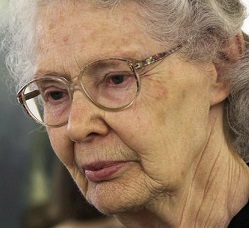
Mary Brenda HesseFBA was an English philosopher of science, latterly a professor in the subject at the University of Cambridge.

Isis is a quarterly peer-reviewed academic journal published by the University of Chicago Press. It covers the history of science, history of medicine, and the history of technology, as well as their cultural influences. It contains original research articles and extensive book reviews and review essays. Furthermore, sections devoted to one particular topic are published in each issue in open access. These sections consist of the Focus section, the Viewpoint section and the Second Look section.
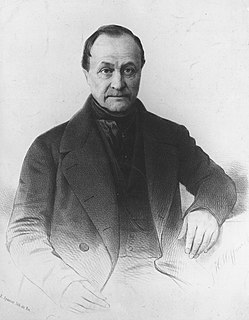
Positivism is an empiricist philosophical theory that holds that all genuine knowledge is either true by definition or positive—meaning a posteriori facts derived by reason and logic from sensory experience. Other ways of knowing, such as theology, metaphysics, intuition, or introspection are rejected or considered meaningless.
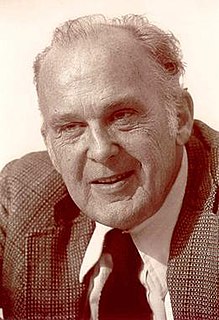
Donald Thomas Campbell was an American social scientist. He is noted for his work in methodology. He coined the term evolutionary epistemology and developed a selectionist theory of human creativity. A Review of General Psychology survey, published in 2002, ranked Campbell as the 33rd most cited psychologist of the 20th century.

Margaret Ann Boden is a Research Professor of Cognitive Science in the Department of Informatics at the University of Sussex, where her work embraces the fields of artificial intelligence, psychology, philosophy, and cognitive and computer science.

John Worrall is a professor of philosophy of science at the London School of Economics. He is also associated with the Centre for Philosophy of Natural and Social Science at the same institution.

The English Historical Review is a bimonthly peer-reviewed academic journal that was established in 1886 and published by Oxford University Press. It publishes articles on all aspects of history – British, European, and world history – since the classical era. It is the oldest surviving English language academic journal in the discipline of history.
The International Society for the History of Philosophy of Science (HOPOS) is a philosophical organization for promoting the study of the history of philosophy of science. The society promotes exchange of ideas among scholars through meetings, journals, and online. It maintains an active email listserv, HOPOS-G.
British Journal for the Philosophy of Science (BJPS) is a peer-reviewed, academic journal of philosophy, owned by the British Society for the Philosophy of Science (BSPS) and published by University of Chicago Press. The journal publishes work that uses philosophical methods in addressing issues raised in the natural and human sciences.

Basic research, also called pure research or fundamental research, is a type of scientific research with the aim of improving scientific theories for better understanding and prediction of natural or other phenomena. In contrast, applied research uses scientific theories to develop technology or techniques which can be used to intervene and alter natural or other phenomena. Though often driven simply by curiosity, basic research often fuels the technological innovations of applied science. The two aims are often practiced simultaneously in coordinated research and development.
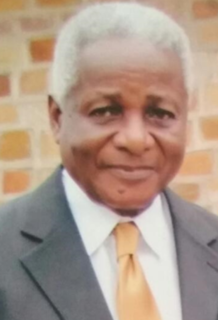
George Carver Clerk, was a Ghanaian botanist and plant pathologist. A professor and later, an emeritus professor at the University of Ghana, Legon, he also focused his research on West African mycology and ecology. Clerk, along with his academic contemporary Ebenezer Laing (1931–2015), was one of Ghana's earliest practitioners of botany as a scientific discipline, in addition to his pioneering role as a plant pathologist in West Africa. In 1973, G. C. Clerk became a Fellow of the Ghana Academy of Arts and Sciences.

The British Society for Phenomenology (BSP) is an organization whose purpose is to pursue and exchange philosophical ideas inspired by phenomenology. It was established in 1967 by Wolfe Mays. The society accomplishes its aims through a journal, an annual conference, and a podcast.
References
- ↑ "Oxford Journals | Arts & Humanities | British Jnl for the Philosophy of Science | About the Journal". www.oxfordjournals.org. Archived from the original on 2006-02-14. Retrieved 2016-05-28.
- ↑ "The Foundation of the Philosophy of Science Group". Bulletin of the British Society for the History of Science. 1 (Supplement S1): 39–41. 1949-08-01. doi:10.1017/S0950563600001706. ISSN 0950-5636.
- ↑ "Table of Contents — May 1959, X (37)". bjps.oxfordjournals.org. Archived from the original on 2011-03-23. Retrieved 2016-05-28.